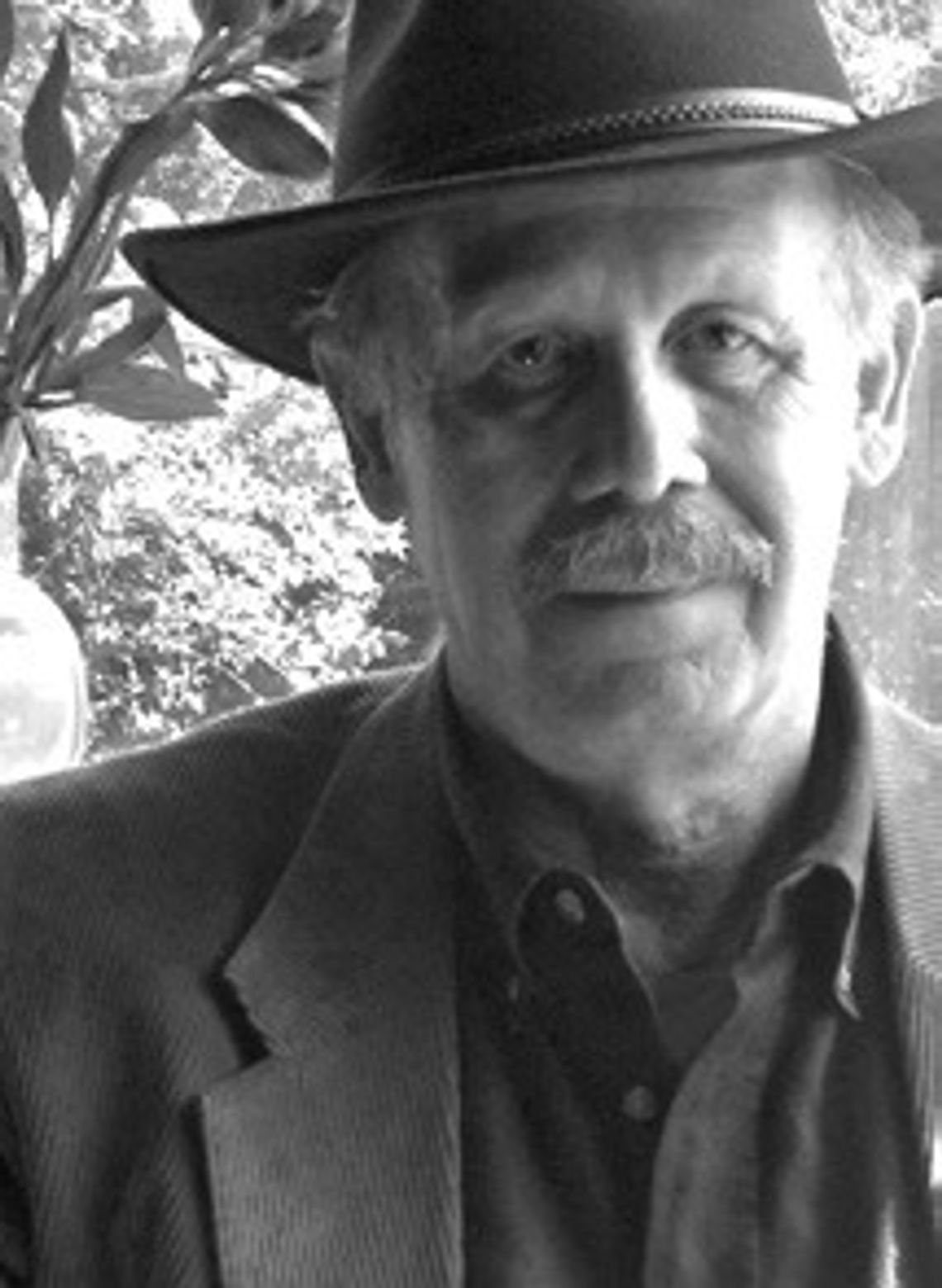Davy Crockett spent Christmas Day 1835 at Nacogdoches waiting for Ben McCulloch, but when the younger Tennessean was a no-show, his hero went on without him to San Antonio.
The pressing family problems that delayed McCulloch’s departure for Texas spared his life. Had the 25-year-old frontiersman kept his date with the famous ex-congressman, a close friend as well as a role model, he too would have perished at the Alamo.
McCulloch was on hand, however, in the spring of 1836 for the triumphant conclusion of the Lone Star Revolution. At San Jacinto he took charge of one of the Twin Sisters, the cannons contributed by the citizens of Cincinnati, and played a vital role in the rout of Santa Anna.
A surveyor by trade, McCulloch found little time during the next decade to pursue his chosen profession. When not doing his duty as a member of the Republic Congress, he defended the new nation against hostile tribes and invading Mexicans.
His finest hour as an Indian fighter came in August 1840 at Plum Creek. A huge Comanche war party, retreating west from a merciless strike deep into settled territory, paused to polish off a small band of pursuers. This mistake cost the Comanches a hundred warriors and discouraged future attacks against the interior of Texas.
Two years later, following the second Mexican seizure in six months of San Antonio, McCulloch accompanied the punitive expedition that chased the intruders back to the Rio Grande. After scouting the border town of Mier, he refused to join the mutinous troops who recklessly crossed the river. Luck again was on his side because the clear-headed decision spared him many months in a Mexican prison.
When war broke out after annexation, McCulloch organized the Texas Ranger company that made the critical difference in the conflict. Ten days of secret snooping behind enemy lines provided the priceless intelligence on which Gen. Zachary Taylor based his successful strategy.
Excellent spies, McCulloch and his men were even better at close combat. In the preliminary bout preceding the decisive battle at Monterrey, a wild charge by the Rangers swept the enemy cavalry from the field.
Though pushing 40, the restless McCulloch did not give a second thought to settling down. The sensational gold strike in California roused him from peacetime doldrums, and he eagerly joined the Forty-Niner rush. Since there was far more trouble than nuggets, he gave up prospecting for law enforcement before wandering back to Texas in 1852.
McCulloch was summoned to Washington, where he was appointed a U.S. marshal. Any doubts that the aging Texan could still handle himself were dispelled by a lively encounter in a local restaurant.
An old critic rashly picked mealtime to resume an unresolved quarrel. Without a word of warning, McCulloch knocked his nemesis to the floor with a pitcher, shattered several plates on his bloody skull and beat him senseless with a chair. The lawman then sat back down and quietly finished his supper.
Besides volcanic violence, McCulloch was also capable of rational dialogue under trying circumstances. Sent as a presidential commissioner to Utah in 1857, he conducted the delicate negotiations with the Mormons that prevented a possible war.
After arranging for his brother Henry to take his place, Ben resigned as marshal in 1859 to aid another personal hero -- Sam Houston. For several mysterious months, McCulloch toiled behind the scenes to satisfy the General’s latest ambition.
Houston hoped with a single ingenious stroke to keep Texas out of the Civil War and to restore the Lone Star Republic on a far grander scale. His hush-hush scheme called for the military conquest of Mexico, a cause he believed would interest Texans much more than a protracted struggle with the distant North.
In his wholehearted endorsement of the daring idea, McCulloch predicted in a letter to Houston that the plan “will make your name greater than if you were President of the U.S.” But when the moment came to carry out the plot, Houston hesitated and the historic opportunity was lost.
Action was the best balm for a disappointed McCulloch, and secession offered that in spades. He commanded the militia that forced the surrender of the federal garrison at San Antonio in February 1861 and three months later accepted a Confederate commission as brigadier general.
Never one to order others to take risks he was not prepared to take himself, McCulloch insisted upon doing his own reconnaissance at the Battle of Pea Ridge in March 1862. Stumbling into the sights of a Union sniper, he was dead before he hit the ground.
Ben McCulloch’s will said it all: “I leave my soul to God and my body to the State of Texas.” Though 26 years late, he finally caught up with Crockett.
Last chance for Christmas special! “Depression Desperadoes,”“Murder Most Texan,” “Texas Boomtowns,” “Unforgettable Texans” and “Texas Entertainers” just $19.95 each. Mail your check to Bartee Haile, P.O. Box 130011, Spring, TX 77393.
Broken date with Davy saved friend’s life
Davy Crockett spent Christmas Day 1835 at Nacogdoches waiting for Ben McCulloch, but when the younger Tennessean was a no-show, his hero went on without him to San Antonio.
- 12/20/2023 09:00 PM











